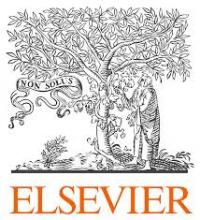Resource information
A diagnostic study of the development potential of livestock for the rice-based economy of the Office du Niger (ON) was conducted in Mali. The functioning of selected farming systems and value chains were studied by means of interviews, surveys and farmer group discussions. The findings show that in the ON rice remains the prime agricultural activity; although half of the farm households own cattle (for capital insurance and draught power), livestock management is troublesome because of a lack of grazing land and water points. Rice production is lucrative but approximately half of the farmers in the area studied do not have the land or capital to obtain a good harvest or sell at a profit. The ON supports rice farming through the provision of infrastructure and subsidies but the hierarchical structure of the ON's services and limited human resources hinder the timely availability and quality of its services. More affluent farmers do cope but poorer farmers have a problem to make ends meet. Diversification towards intensive livestock production might offer a new opportunity. The research station, dairy processing unit and dairy co-operatives are dynamic organizations and farmers appear eager to explore this opportunity but our analysis shows the revenue remains modest. We conclude that in order to improve the livelihood of the farmers, especially of the poor, it is critical to focus on institutional change within the rice sector. New forms of collaboration between the ON and the rice farmer organizations might solve most service delivery problems. However, this would require a long process of delicate brokerage, farmer organization and advocacy training. It would be important in the meantime to support activities that generate short-term visible results in the rice or dairy sector.



